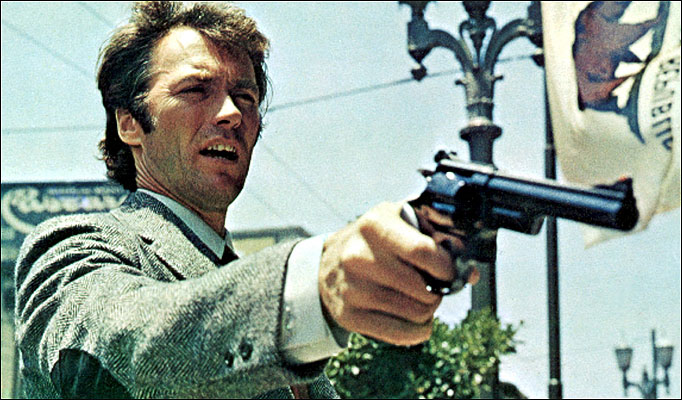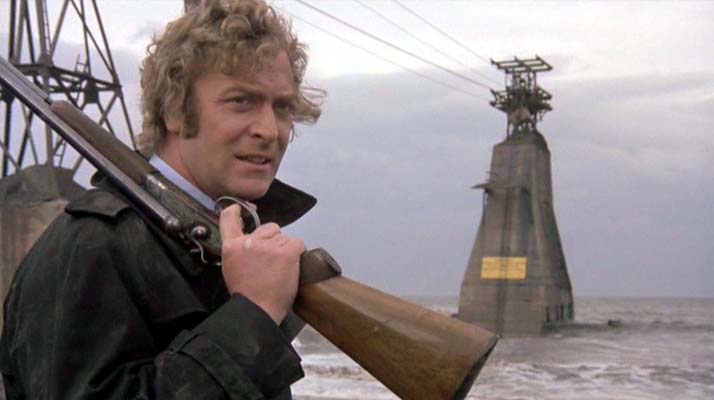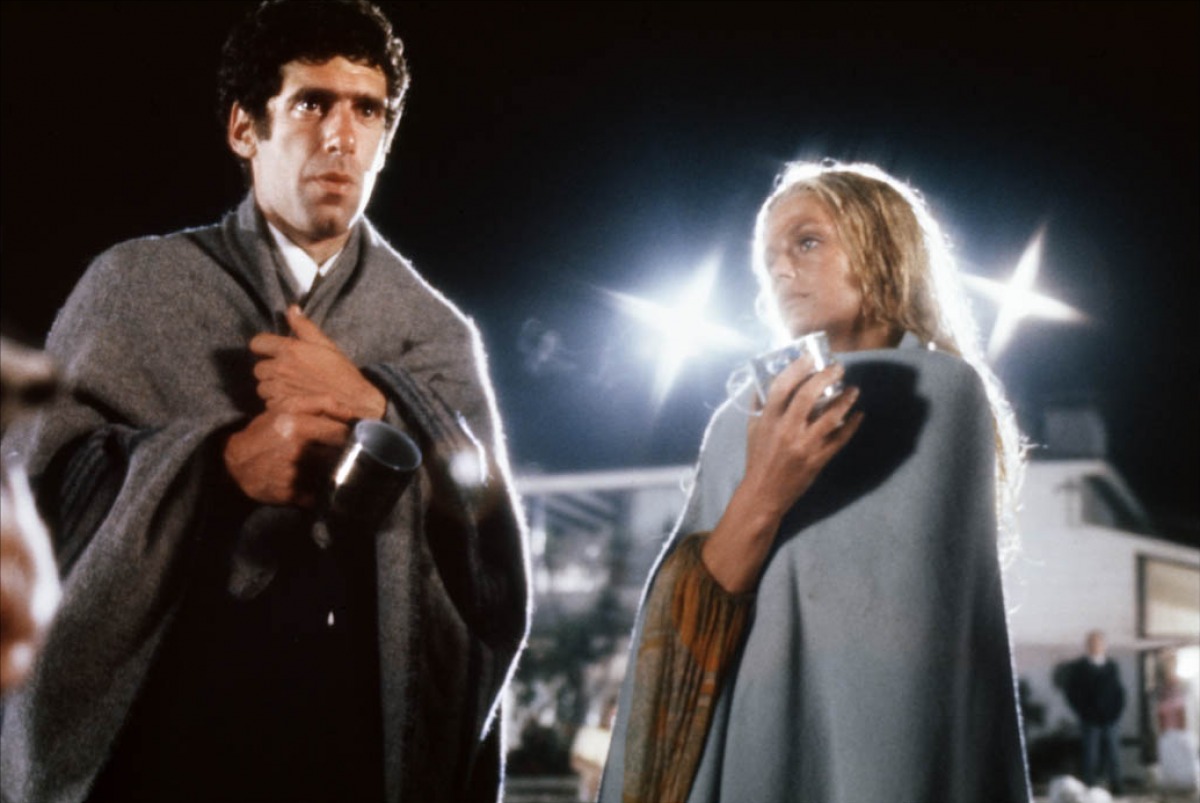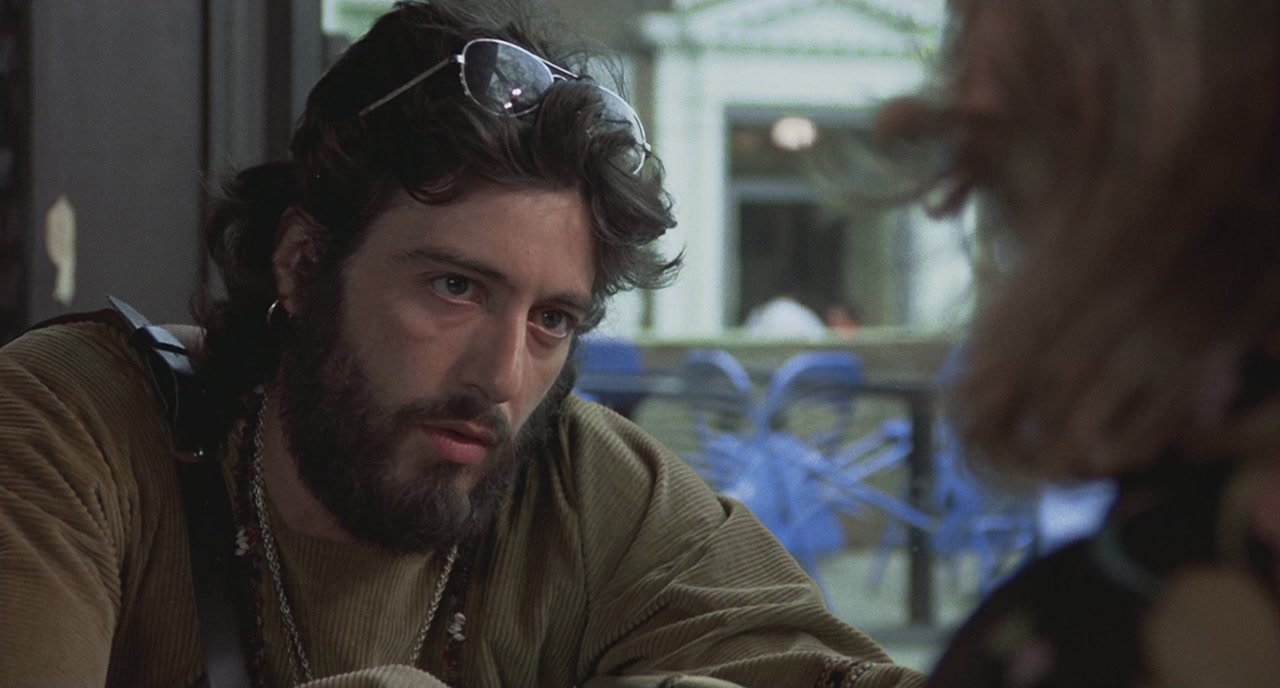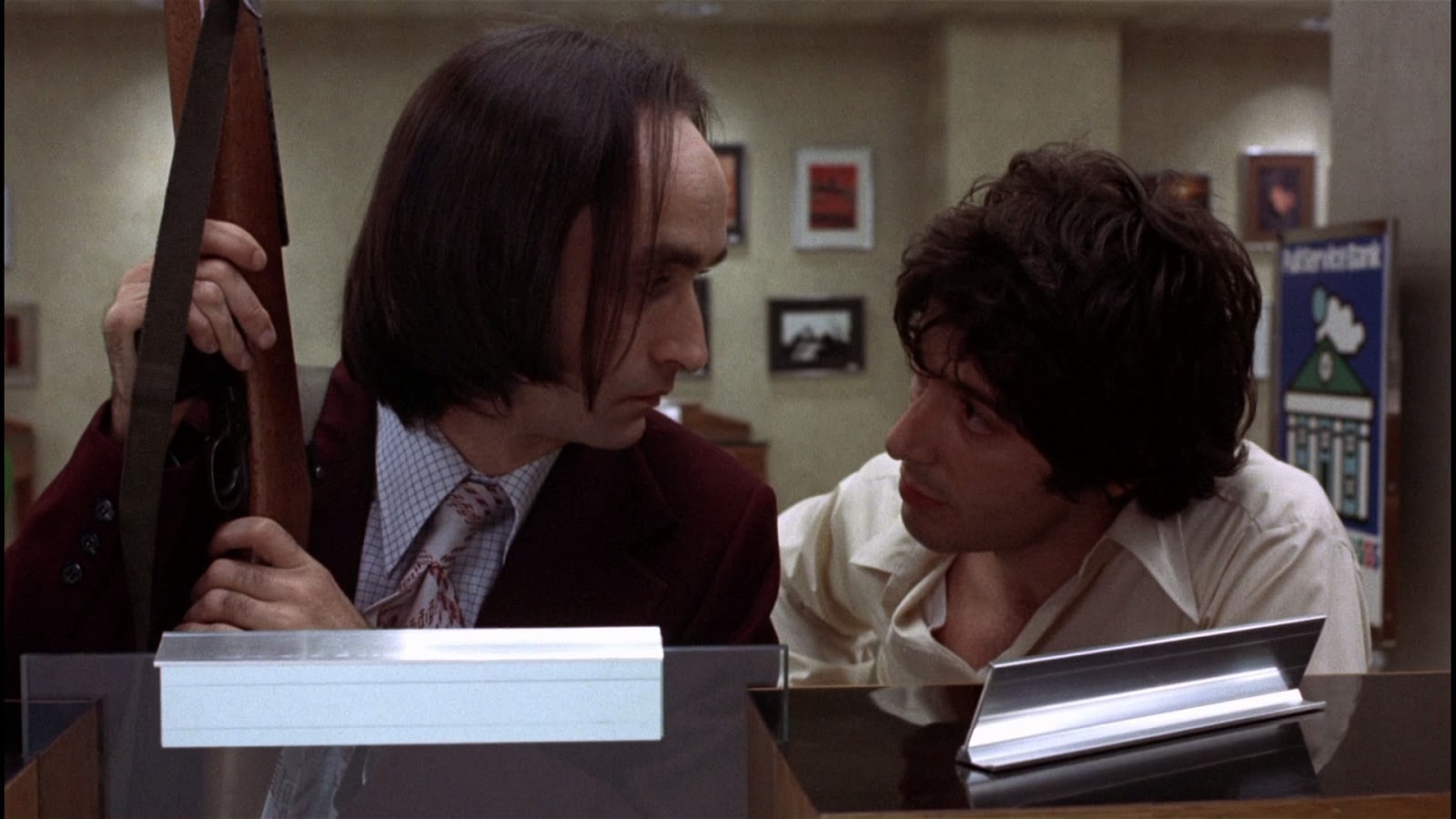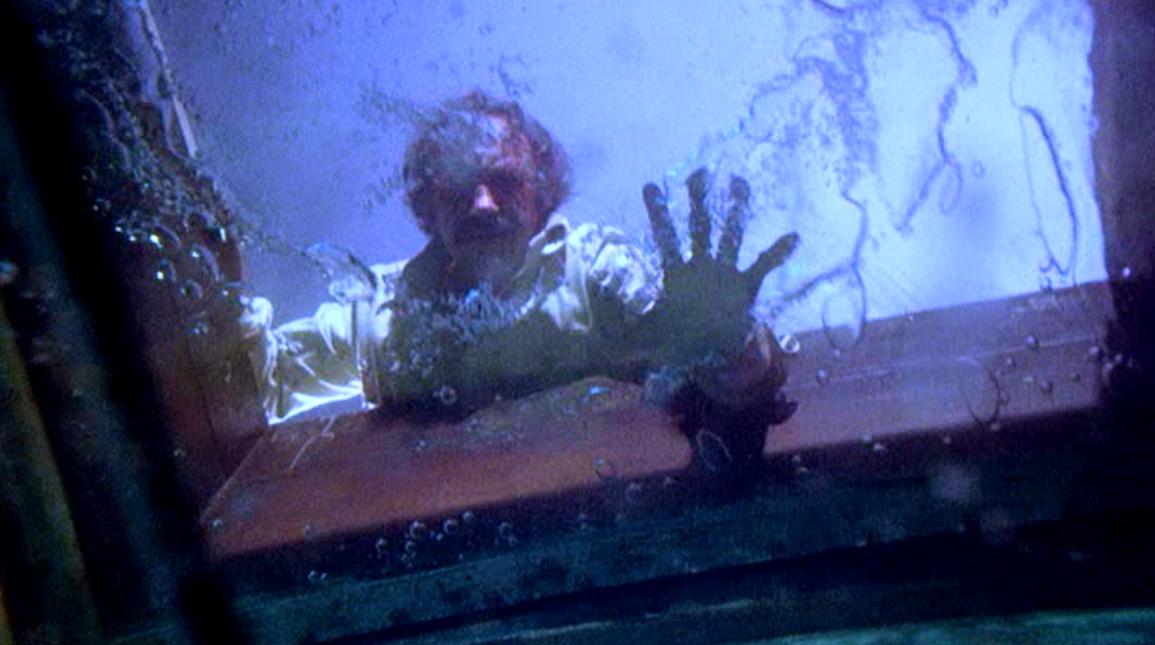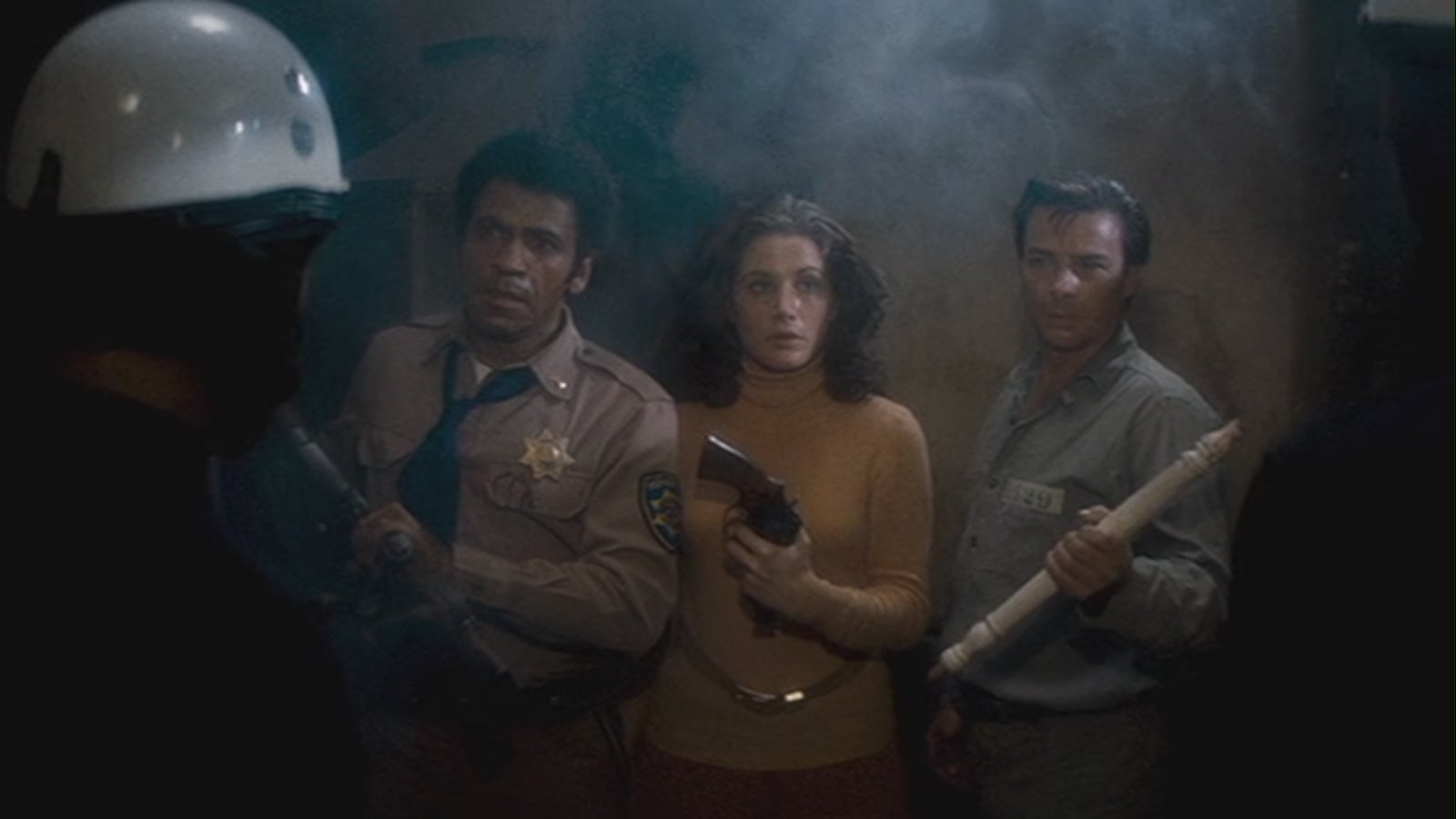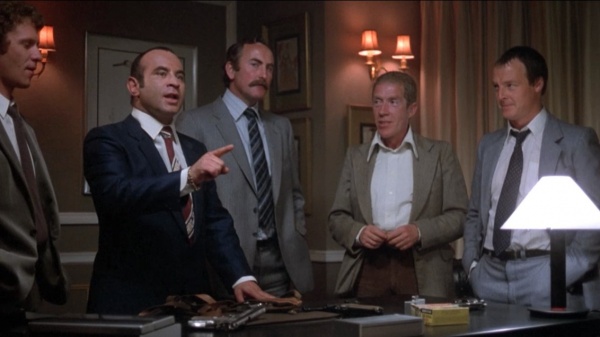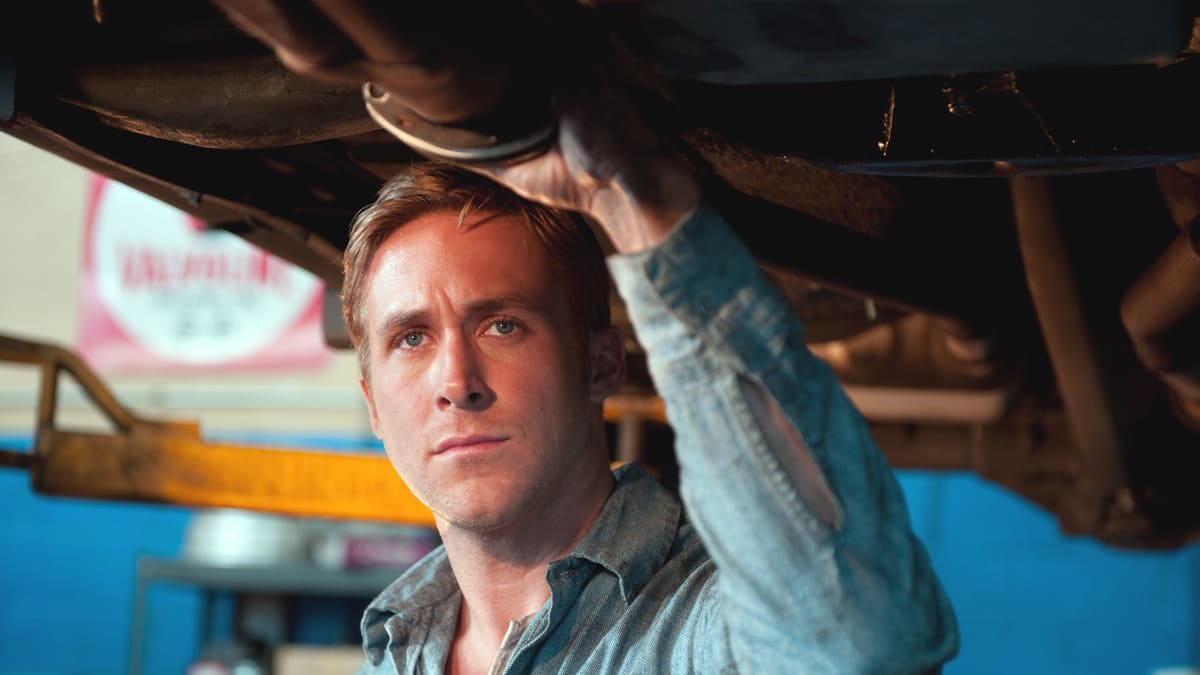
The classic 1940s/1950s era of film noir produced some true cinematic treasures such as Jacques Tourneur’s Out of the Past (1947), John Huston’s The Asphalt Jungle (1950) and Robert Aldrich’s Kiss Me Deadly (1955) among others.
After that period passed, the grim heart of the great dark crime films of that era carried over into subsequent decades and continues to live on to this day.
As is the case with the horror genre, arguments will always exist regarding what films should be labeled “neo-film noir”. Suffice it to say that all the crime films considered for this piece contain the same dark core as pictures from the classic film noir era.
This article combines some new material with reprinted and revised material from a number of previous articles I’ve had published on Taste of Cinema that you can check out here.
Please note that films set in a period setting were excluded from consideration for this article so you won’t see pictures like Roman Polanski’s Chinatown (1974) , Ridley Scott’s Blade Runner (1982) , The Coen Brothers’ Miller’s Crossing (1990) or Curtis Hanson’s L.A. Confidential (1997) here.
Any readers dismayed by the absence of their neo-noir favorites such as William Friedkin’s The French Connection (1971), Peter Yates’ The Friends of Eddie Coyle (1973), Quentin Tarantino’s Pulp Fiction (1994), Bryan Singer’s The Usual Suspects (1995) or Martin Scorsese’s The Departed (2006) are advised to keep in mind that, as I’ve stated in many of my articles, film writing on all levels-from the casual to the academic-is driven by personal taste.
That said, be sure to check out the afterword where I list a number of films that didn’t make the top 30 list but are definitely worth seeking out.
The films are listed in chronological order by release year.
1. Dirty Harry (Don Siegel, 1971)
Screenplay by Harry Julian Fink, R.M. Fink and Dean Riesner
An uncompromising police officer tries to stop a psychopath’s killing spree in one of the quintessential hard-edged crime films of the pivotal cinematic decade of the 1970s.
Dirty Harry still holds up remarkably well to this day and one of the keys to the film’s success is the driven performance of Andrew Robinson as the killer Scorpio.
Robinson appeared in director Siegel’s great neo-noir Charley Varrick in 1973 and would go on to create one of the great science fiction television characters with his recurring role as Garak on Star Trek: Deep Space Nine.
2. Get Carter (Mike Hodges, 1971)
Screenplay by Hodges based on the Ted Lewis novel “Jack’s Return Home”
Skip the horrendous 2000 remake and watch the original starring Michael Caine if you haven’t already.
This story of a London gangster who travels to Newcastle to investigate his brother’s death is one of the greatest British crime films of all time and features one of Caine’s best early career performances.
3. The Long Goodbye (Robert Altman, 1973)
Screenplay by Leigh Brackett based on the Raymond Chandler novel
irector Altman’s quirky take on Raymond Chandler’s legendary detective character Philip Marlowe investigating accusations that his good friend murdered his wife is rightfully considered a classic by followers of neo-noir films.
The Long Goodbye is highlighted by great performances from Elliott Gould as Marlowe and Sterling Hayden as an alcoholic novelist.
4. Serpico (Sidney Lumet, 1973)
Screenplay by Waldo Salt and Norman Wexler based on the Peter Maas book
Al Pacino turns in one of the finest performances of his early career in this fact-based account of an idealistic cop’s fight against rampant corruption in the New York City Police Department.
The film also features Tony Roberts, a great character actor primarily known for his comic roles in a number of Woody Allen films.
Director Lumet and Pacino would team up again in 1975 for another dark crime film based on real-life events in Dog Day Afternoon.
5. Dog Day Afternoon (Sidney Lumet, 1975)
Screenplay by Frank Pierson based on articles by P.F. Kluge and Thomas Moore
Director Lumet and star Al Pacino followed up on the success of Serpico with another fact-based crime film, this one the story of a bank robbery that turns into a hostage situation.
Dog Day Afternoon generated multiple Oscar nominations including Best Actor for Pacino and Best Supporting Actor for Chris Sarandon.
The great character actor Lance Henriksen can be seen here in a brief but important role as an FBI agent.
6. Night Moves (Arthur Penn, 1975)
Screenplay by Alan Sharp
Gene Hackman plays a private detective who becomes more lost the deeper he delves into a missing persons case.
The grim tone of the film can be summed up by a brilliant exchange between the detective and his wife. When she asks him who is winning the football game he’s watching on television he replies: “Nobody. One side is just losing slower than the other.”
Screenwriter Sharp also wrote the script for Robert Aldrich’s superb 1972 Western Ulzana’s Raid. When people are asked what the late director Penn’s masterpiece is, too many answer with Bonnie & Clyde. The real answer is Night Moves.
7. Assault on Precinct 13 (John Carpenter, 1976)
Screenplay by Carpenter
Armed with a great score and unnecessarily remade in 2005, this excellent film about a small group trapped in a police station fighting off a heavily armed gang is unjustly excluded from conversations about the great dark crime films of the 1970s for several reasons including the fact that the film was made by a director who is now almost exclusively known for horror and science fiction films.
Also, the film was not a big financial or critical success and was overshadowed by Carpenter’s legendary mega-hit Halloween (1978). Part of Assault’s appeal is the great acting from Austin Stoker and the late Darwin Joston, two performers who deserved far better careers.
8. Rolling Thunder (John Flynn, 1977)
Screenplay by Paul Schrader and Heywood Gould
The formidable acting duo of William Devane and Tommy Lee Jones play a pair of Vietnam veterans out to avenge the mutilation of Devane’s character and the murder of his wife and son.
Always an undervalued actor and coming off a great supporting performance in the previous year’s suspense thriller Marathon Man, Devane gives a powerful and subtle lead performance here.
9. The Long Good Friday (John Mackenzie, 1980)
Screenplay by Barrie Keefe
The Long Good Friday is on a short list of the greatest British crime films along with such titles as Mike Hodges’ Get Carter (1971) and Jonathan Glazer’s Sexy Beast (2001).
The superb screenplay is brought to life by an outstanding cast led by Bob Hoskins as a crime boss whose world is violently torn apart by unknown assailants. Hoskins’ acting here deserves to be at the very top of any list of the late actor’s notable performances.
10. Nighthawks (Bruce Malmuth, 1981)
Screenplay by David Shaber and Paul Sylbert
Along with Ted Kotcheff’s excellent First Blood (1982), Nighthawks is one of the two best films Sylvester Stallone has ever been involved in.
Stallone stars as a New York cop assigned to an anti-terrorist unit who ends up on a collision course with a ruthless villain played superbly by Rutger Hauer.
Hauer, with highly accomplished performances in this film, Ridley Scott’s Blade Runner (1982) and Robert Harmon’s The Hitcher (1986) was the greatest portrayer of villains in 1980s cinema.
